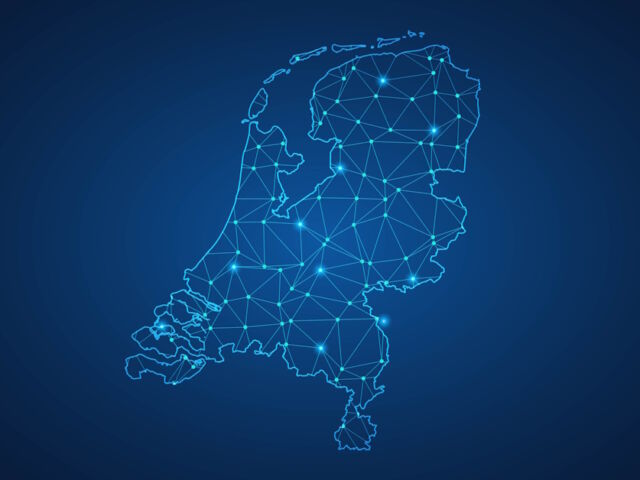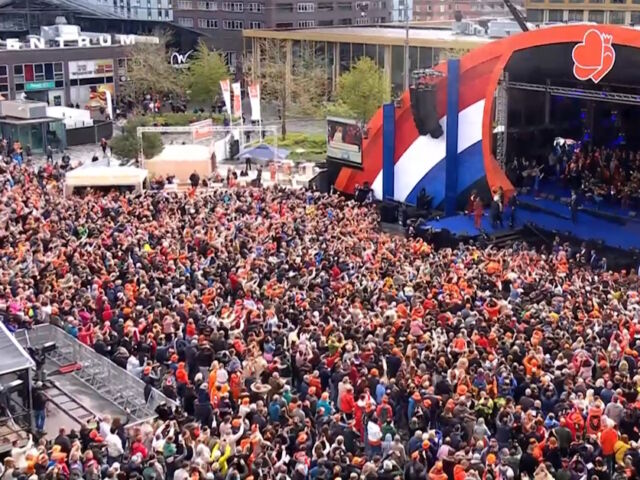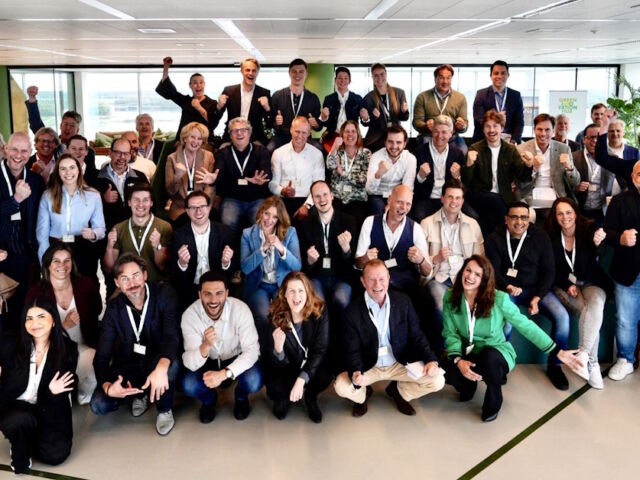The European metaCCAZE project was recently launched. This project focuses on electric, automated and connected mobility in European cities. MetaCCAZE aims to help cities move to green mobility and turns European strategies and initiatives into concrete actions. Amsterdam is one of the pilot cities and will work with six Dutch partners to improve waterborne transportation and electric vehicles, and the development of a digital twin to control and monitor it all.
The transport sector is the second largest source of greenhouse gas emissions, accounting for more than 30% of total energy consumption. The European Green Deal and other EU initiatives aim, among other things, to reduce transportation-related greenhouse gas emissions by 90% by 2050, get at least 30 million zero-emission cars on European roads, make almost all motorized vehicles zero-emission, and have 100 major climate-neutral cities by 2030. In trying to meet these goals, new challenges arise, such as inefficient charging of electric vehicles or high energy taxes burdening the power grid.
The metaCCAZE project is driving the transition to urban mobility by providing solutions to these new challenges. The project aims to accelerate the deployment of smart systems that combine electric, automated and connected mobility and infrastructure by developing six transferable technologies. These include automated charging, AI-based real-time planning for autonomous fleets and low-emission traffic management.
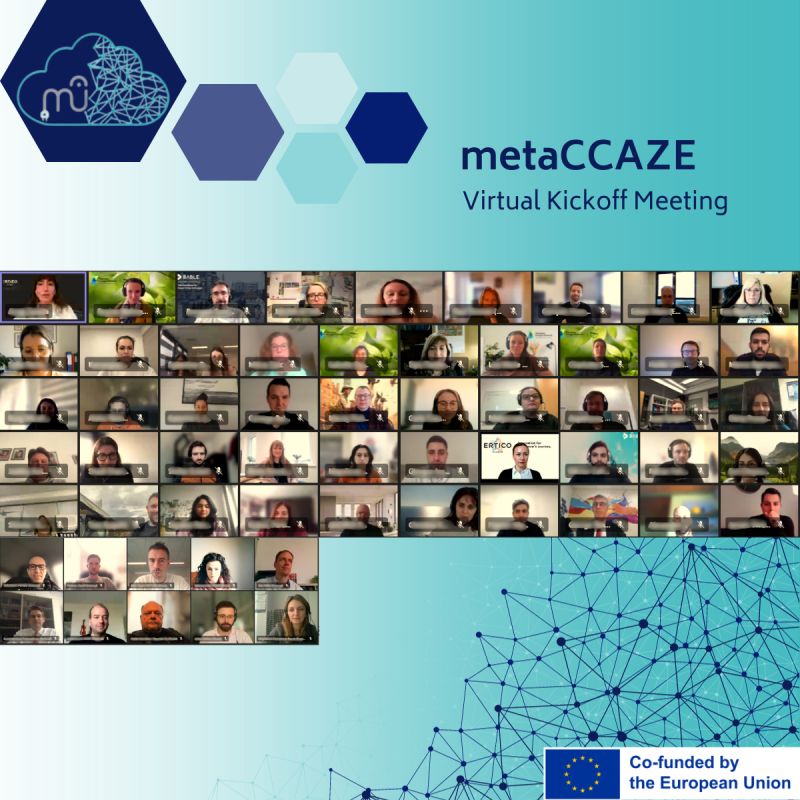
To test their potential in real and diverse urban environments, the solutions are being developed in four frontrunner cities: Amsterdam, Munich, Limassol and Tampere. Successful technologies and activities will be transferred to six other participating cities: Athens, Krakow, Gonzo, Milan, Miskolc and the Paris region. To ensure that the technologies meet the needs of citizens and urban mobility stakeholders, several collaborative activities are organized locally in the cities.
The project will run for the next four years, during which the technologies will be deployed and monitored by a project consortium consisting of 43 renowned institutions from 12 European countries. This consortium includes parties from academia, industry and the public sector. In the Amsterdam living lab, the innovations will be tested and scaled up in collaboration with residents, businesses and the municipality. The following Dutch partners are collaborating in this living lab: the City of Amsterdam, TU Delft, AMS Institute, Townmaking Institute, Zoev City, Argaleo and Technolution.
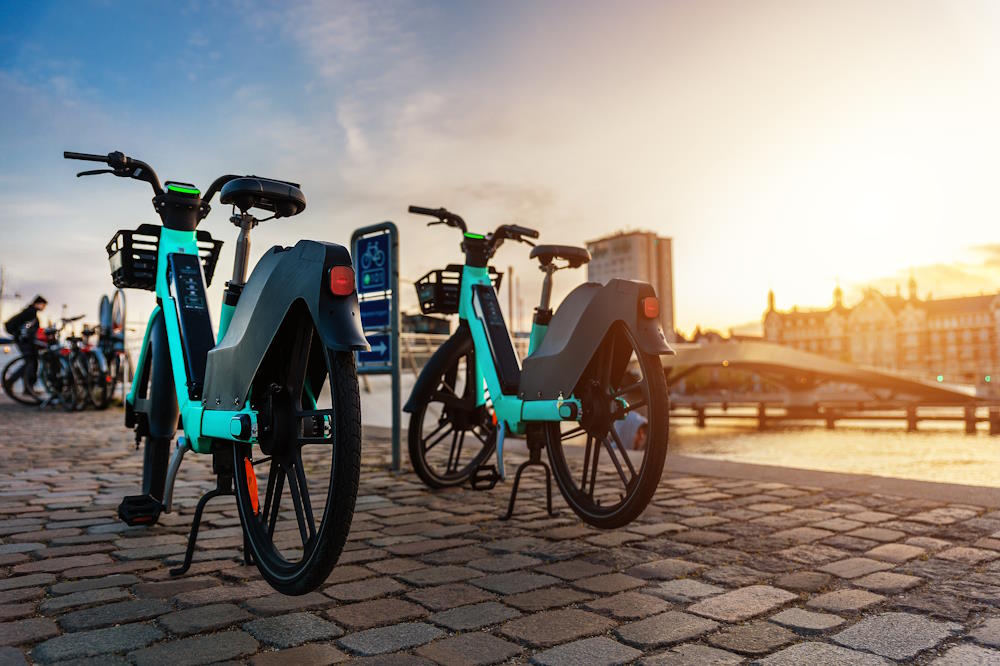
more news
Subscribe now to the newsletter and stay informed of our digital twin innovations!



